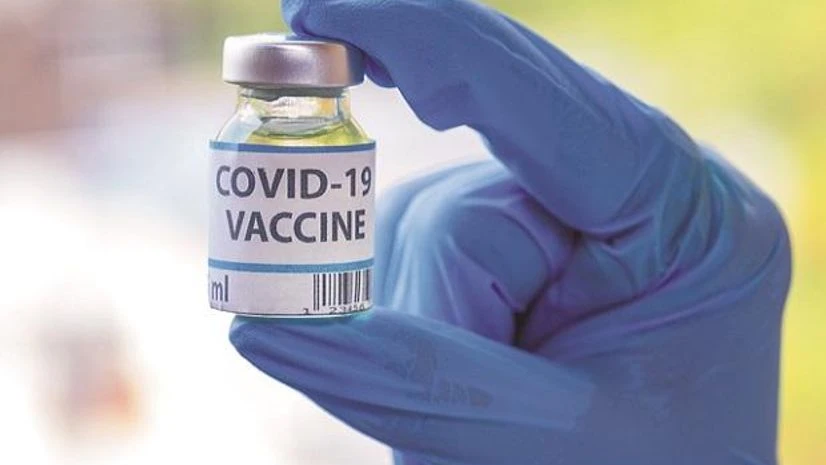China has given broader approval for the domestic-made Sinovac coronavirus vaccine, expanding those who can receive it beyond the high-risk and priority groups already allowed under an emergency clearance.
Regulators gave conditional approval for Sinovac Biotech Ltd's shot, Coronvac, on Friday, clearing the way for general use, The National Medical Products Administration announced in a statement Saturday.
The Sinovac vaccine has already been sold to at least 10 other countries and is being administered to people in at least five other countries. In China, the shot was given emergency approval last July, allowing people such as medical workers and employees of state-owned firms to receive it.
The conditional approval means the vaccine can now be given to the general public, though research is still ongoing. The company will be required to submit follow-up data as well as reports of any adverse effects after the vaccine is sold on the market.
It is the second locally made vaccine to be given conditional approval. Beijing authorised the state-owned Sinopharm's vaccine in December.
Both Sinovac's shot and Sinopharm's shot are two-dose inactivated vaccines, relying on traditional technology that makes it easier to transport and store than Pfizer's vaccines, which requires ultracold storage. That could make a difference for developing countries that have fewer resources.
Sinovac's vaccine however, has also been subject to intense scrutiny and criticism for lack of transparency. It has announced different efficacy data in different countries across the world. Officials in Turkey, where part of the stage 3 clinical trials were staged, have said the efficacy rate was 91.25 per cent.
More From This Section
But in a much bigger trial in Brazil, officials there initially announced an efficacy rate of 78 per cent, but revised that down to just over 50 per cent after including mild infections. The Brazil segment of the trial enrolled 12,396. volunteers, and recorded 253 infections, the company said in a statement Friday.
Its stage 3 clinical trials were held in Brazil, Chile, Indonesia and Turkey, with a total of 25,000 volunteers.

)
